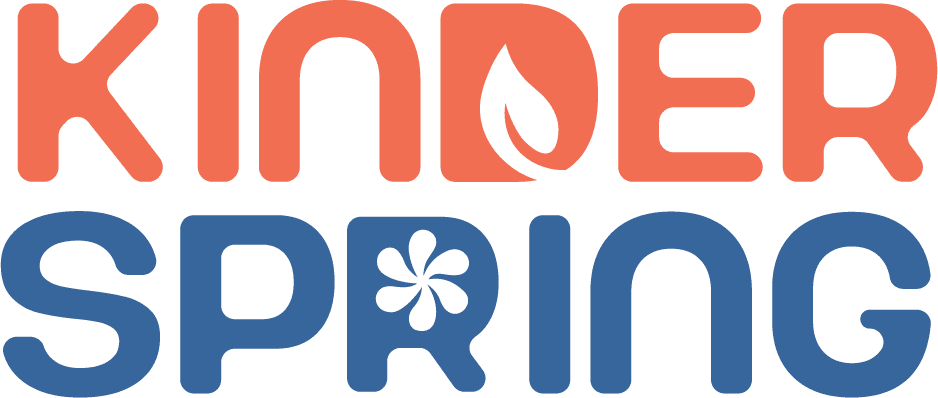Applied Behaviour Analysis (ABA therapy) is an evidence-based therapy that can aid in improving communication skills and other life skills in children with neurodevelopmental disorders. It can help children develop and grow at their own pace. Let us look at ABA therapy and its benefits in this article.
What exactly is ABA Therapy?
ABA therapy is an approach used to understand and change a child’s problematic behaviours. ABA therapy looks at the child’s triggers that can encourage their negative behaviour and how to deal with them. This information is used to develop skills and techniques to deal with negative behaviour.
What are the benefits of ABA Therapy?
Benefits of ABA therapy are as follows:
It improves communication skills.
It elevates the child’s memory, focus, and attention.
It can reduce negative behavioural patterns.
Each child is unique. ABA therapy would be specifically tailored to suit a child’s needs.
Helps prepare a child for social environments (like a classroom).
It makes a child more independent and cultivates confidence. For instance, a child might be taught simple stuff like brushing teeth or getting dressed.
Helps children to learn new concepts like colour, names of objects, numbers, etc.
What are some criticisms of ABA therapy?
ABA therapy has not been researched thoroughly to prove its effectiveness. Hence, it is important to check whether your child is getting proper ABA therapy, which is actually productive for them.
Let us look at when you can stop ABA therapy and the red flags you might notice:
Harsh punishment might be used by practitioners to stop problematic behaviours. This can cause more distress to the child than resolve matters.
There is no unique or individualized approach to a child. Every child would get the same approach irrespective of their age, gender, or experiences.
Even though learning new skills is a part of ABA therapy, their focus would be more on getting rid of problematic behaviours than helping the child gain independence.
Even inexperienced practitioners can practice ABA therapy without supervision.
How to ensure that your child gets good ABA therapy?
Let us look at what steps you can take to ensure that your child gets good ABA therapy:
If the ABA therapy employs harsh punishment tactics, then it would not be suitable for the child.
An individualized ABA therapy can help in catering to the child’s needs, skills, and preferences. Therapy that focuses on a generalized approach has to be avoided.
The therapy should focus more on identifying and improving the child’s strengths.
A good ABA therapy should also involve the parents/caregivers of the child. This can help ensure that the therapy focuses on the best interests of the child.
The therapy should not promote neurotypical behaviour. Every child is unique, and they should be encouraged to be themselves rather than mask neurotypical behaviour.
ABA therapy has the potential to teach a child essential life skills, develop confidence, and foster independence. When guided by an experienced and empathetic therapist, it becomes a powerful tool to nurture a child’s full potential.

